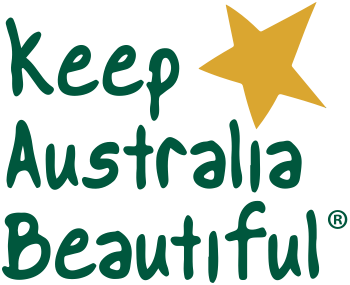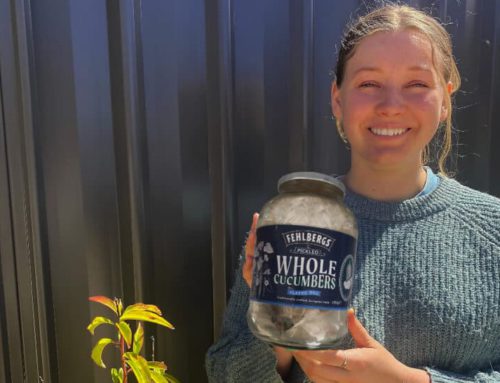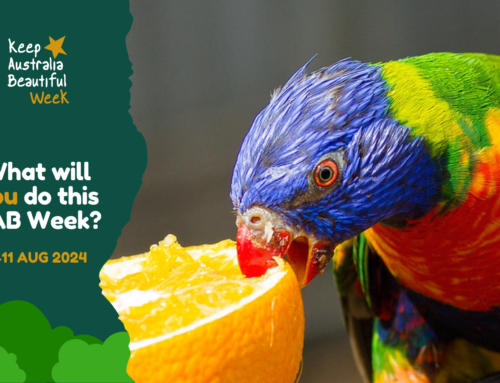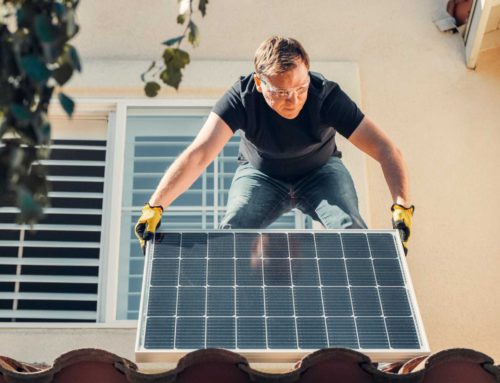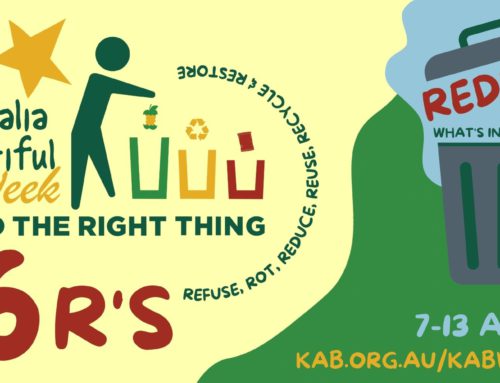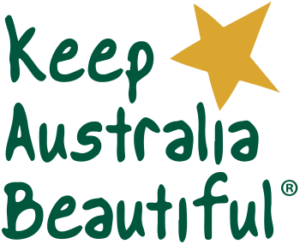The Keep Australia Beautiful National Litter Index (NLI) (2016/2017) results have been analysed, showing surprises in the twelfth year that the survey has been conducted across 983 national sites
An overall 4.3% reduction of litter counted, highlights an improvement against the previous year’s NLI, and a continuing downward trend of litter levels. The reduction is also measured by volume, with the NLI showing a 2.2% reduction in volumetric terms.
Specific reductions were recorded in categories such as ‘other glass’ (e.g. broken pieces of bottles, broken mirrors and broken headlights), with a -13.8% rate; ‘cigarette butts’, registering a -9.9% reduction; and ‘general other items’, showing a -6.3% rate. Plastic bags represented approximately 1% of total litter.
Offsetting these significant reductions of specific litter was a disappointing increase of litter at beach sites (+15.9%) and recreational parks (+7.7%). Despite ongoing environmental sustainability education and increased penalties, it appears the message to “Put it in a Bin” is yet to register with some sectors of the community.
Overall, the 983 sites surveyed represented almost 1.5 million square metres, embracing 710 suburban and 273 regional sites, which included beaches, parks, car parks, highways, industrial precincts, residential streets and strip shopping centres. Site litter ranged from an average 97 items per 1,000 square metres, down to an average 20 items per 1,000 square metres.
“The KAB NLI shows a clear downward trend in litter counted across our vast nation. However, with cigarette butts and take away packaging representing almost two thirds of all litter counted across the country, the Australian community can do much more by changing poor disposal habits and keeping the built and natural environment litter free”, said Keep Australia Beautiful CEO, Ms Val Southam.
“State and Territory jurisdictions are very focused on litter reduction, the impact of illegal dumping and the cost to the community and councils of managing littering. Higher penalties and, in some states, Beverage Container Deposit return schemes are being introduced along with other waste reform measures to address the significant problem caused by littering”, she said.
Proportionately, each category of litter counted – glass, plastic, metal, paper/carton board, miscellaneous – remains relatively constant.
